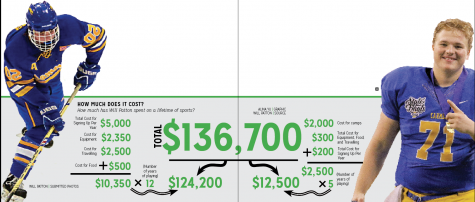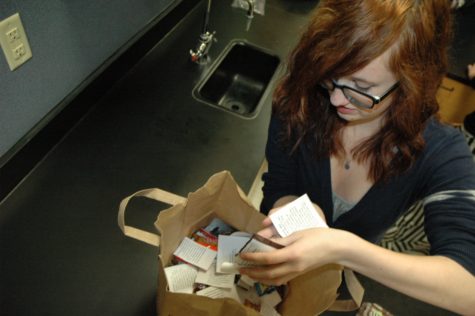Learn how diets and nutrition affect CHS athletes
At chs, many athletes change their diets to help them attain their athletic and physical goals, which vary from sport to sport. According to Evan Bouillet, varsity cross-country, track and field member and senior, while the cross-country team is advised to consume many carbohydrates before meets, there is no strict set diet for cross-country runners to follow.
“There is not really a difference between cross-country and track diet-wise. We try to eat as much lean protein and as many vegetables as we can. During our summer cross-country camp, we have a dietitian named Heather Fink that comes and talks to us about many different kinds of good food for us to eat and to get us into training shape. She really encourages us to drink green smoothies to make us healthier and feel better during the season. It’s a great way for us to get our vegetables in, and it’s a good source of fuel throughout the day,” Bouillet said.
Since Bouillet is a multi-sport athlete, he, like many others, must learn to change his diet during his sport seasons and off-season between track and cross-country. According to David Creel, nutritionist and food psychologist at St. Vincent’s Hospital, balancing calories both during the season and the off-season is key to high performance as an athlete.
“You want to balance your calories during the off-season as an athlete, and during training, all athletes need to stay hydrated and need to keep up carbs,” Creel said. “Carbs are looked as the most important of the macronutrients. You need other nutrients as well, but carbs are key for recovery, especially for endurance activities, things such as running, cycling and soccer. In order to succeed, athletes should focus on psychological preparation rather than preparing their diets. The nutrition part is relatively basic. Listen to what everyone tells you, eat a variety of foods and balance sugar, sweets and beverages.”
Football players too need to balance their diets from the season to off season. For multi-sport athletes like Jalen Walker, varsity football player, track and field runner and senior, he has to maintain two types of diets depending on which sports season he is in. For Walker, adjusting his diet during the off-season is crucial in successfully preparing his body for the different sports in which he participates.
“For track, I must eat less than I do in football because of the sport,” Walker said. “There is a lot more running involved. I will eat more carbohydrates, more pasta and stuff, especially before competitions. The night before a big football game, I eat a pasta and some chicken, and then a little bit more pasta just to get enough energy. For track meets, I eat a lot more pasta than normal the day before. I also eat a lot more vegetables and fruits before track meets. I definitely drink a lot more water just to stay hydrated throughout the day. It differs in preparation for each sport.”
However, maintaining certain diets isn’t the only way to prepare for competition; athletes like Walker also prepare mentally and physically for important games and matches.
He said, “For football, it’s all about mentally getting yourself ready for the game rather than physically getting yourself ready by eating certain foods. (For football), you’re getting ready for certain plays and all of that stuff. You have to lift to make sure you’re physically ready. Track-wise, I take it easy before a big meet. You don’t want to waste all of your energy because you don’t want to get tired before the meet even starts. It’s just a bit different in terms of the mental and physical preparation (between sports).”
For other athletes, the focus of a diet is more traditional – that is, to lose weight and have a healthier lifestyle, which would in turn improve their athletic performance. Will Patton, Hockey Gold player, football player and senior, said he began a stricter diet before football season started this year during the summer off-season.
“This year, especially, at the football season I started cracking down on my eating for my personal gratification,” Patton said. “A lot of what I did was watch my portion sizes, especially for dinner. Rather than eating two dinners, I ate one dinner. I realized that I didn’t need to eat that much; my body just didn’t need the extra energy. I just drank water and focused on eating more fruits and veggies. Overall, I simplified what I ate. At first, it was really hard because I was still hungry because I would eat way more before I started my diet. I thought I was hungry even though I wasn’t; I was just so used to the large portions and extra snacking that I thought I was hungry. I left out a lot of food that I didn’t need to be eating. Overall, I’ve felt better. I’ve lost around 20 pounds since the beginning of football season. I’m still working on it will on the diet. I feel gratified from feeling better. When I was on my diet, I focused more on my strength exercises than cardio in order to keep my strength up for football. Many people think that running is the only way to lose weight, but you lose strength. That way I kept up my strength that way and muscle workouts.”
 Since diets during sport seasons usually focus on reaching the goals for those specific sports, athletes’ diets change during the off season; however, these diet changes vary from athlete to athlete, not necessarily from sport to sport.
Since diets during sport seasons usually focus on reaching the goals for those specific sports, athletes’ diets change during the off season; however, these diet changes vary from athlete to athlete, not necessarily from sport to sport.
Bouillet said, “During the off-season, our diet is a little less strict since you’re not training for competition at the time. The motivation to eat healthy everyday kind of goes away during the off-season. Coach doesn’t really put too much emphasis on diet (for the varsity team) because it’s mostly on us. I think that he trusts us to eat right on most days because we all want to do our best and diet is a large part of that. There is not really a difference between cross-country and track diet-wise, so the off-season transition isn’t very difficult.”
Patton said, “When I’m in a sport, I definitely have to eat a little bit more because I’m so active. In the off-season, I am able to eat a little bit less because I don’t need more energy. In the transition I just gradually take away an aspect of food so that the transition can be more subtle.”
For athletes like Walker who are currently in pre-season winter training, their diet transition is different from that of athletes like Bouillet and Patton.
“Right now I’m in winter training for track,” Walker said. “During football, I didn’t really watch my diet, since it didn’t really affect my performance that much. Now, during track season, I am much more aware and careful of my diet. I’m not necessarily trying to lose weight, I am trying to maintain my weight, so I have to watch what I eat; I can’t eat junk food, chips, and soda. For track season, I just need to clean up my diet a little more.”
Your donation will support the student journalists of Carmel High School - IN. Your contribution will allow us to purchase equipment and cover our annual website hosting costs.




























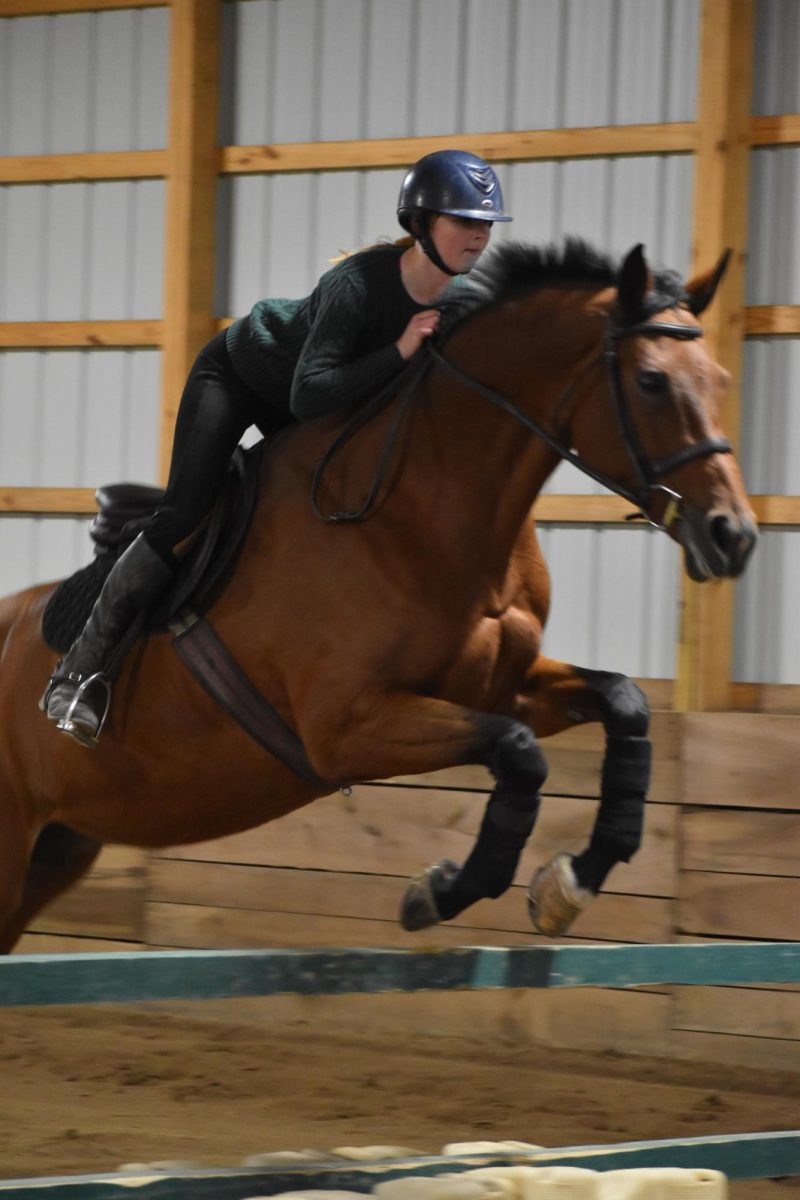





![British royalty are American celebrities [opinion]](https://hilite.org/wp-content/uploads/2024/03/Screenshot-2024-03-24-1.44.57-PM.png)



















![Chelsea Meng on her instagram-run bracelet shop [Biz Buzz]](https://hilite.org/wp-content/uploads/2024/04/IMG_2446-1200x838.jpg)
![Review: Quiet on Set: The Dark Side of Kids TV is the long awaited exposé of pedophilia within the children’s entertainment industry [MUSE]](https://hilite.org/wp-content/uploads/2024/04/unnamed.jpg)
![Review: “The Iron Claw” cannot get enough praise [MUSE]](https://hilite.org/wp-content/uploads/2024/04/unnamed.png)
![Review: “The Bear” sets an unbelievably high bar for future comedy shows [MUSE]](https://hilite.org/wp-content/uploads/2024/03/unnamed.png)
![Review: “Mysterious Lotus Casebook” is an amazing historical Chinese drama [MUSE]](https://hilite.org/wp-content/uploads/2024/03/0.webp)
![Review in Print: Maripaz Villar brings a delightfully unique style to the world of WEBTOON [MUSE]](https://hilite.org/wp-content/uploads/2023/12/maripazcover-1200x960.jpg)
![Review: “The Sword of Kaigen” is a masterpiece [MUSE]](https://hilite.org/wp-content/uploads/2023/11/Screenshot-2023-11-26-201051.png)
![Review: Gateron Oil Kings, great linear switches, okay price [MUSE]](https://hilite.org/wp-content/uploads/2023/11/Screenshot-2023-11-26-200553.png)
![Review: “A Haunting in Venice” is a significant improvement from other Agatha Christie adaptations [MUSE]](https://hilite.org/wp-content/uploads/2023/11/e7ee2938a6d422669771bce6d8088521.jpg)
![Review: A Thanksgiving story from elementary school, still just as interesting [MUSE]](https://hilite.org/wp-content/uploads/2023/11/Screenshot-2023-11-26-195514-987x1200.png)
![Review: When I Fly Towards You, cute, uplifting youth drama [MUSE]](https://hilite.org/wp-content/uploads/2023/09/When-I-Fly-Towards-You-Chinese-drama.png)
![Postcards from Muse: Hawaii Travel Diary [MUSE]](https://hilite.org/wp-content/uploads/2023/09/My-project-1-1200x1200.jpg)
![Review: Ladybug & Cat Noir: The Movie, departure from original show [MUSE]](https://hilite.org/wp-content/uploads/2023/09/Ladybug__Cat_Noir_-_The_Movie_poster.jpg)
![Review in Print: Hidden Love is the cute, uplifting drama everyone needs [MUSE]](https://hilite.org/wp-content/uploads/2023/09/hiddenlovecover-e1693597208225-1030x1200.png)
![Review in Print: Heartstopper is the heartwarming queer romance we all need [MUSE]](https://hilite.org/wp-content/uploads/2023/08/museheartstoppercover-1200x654.png)






















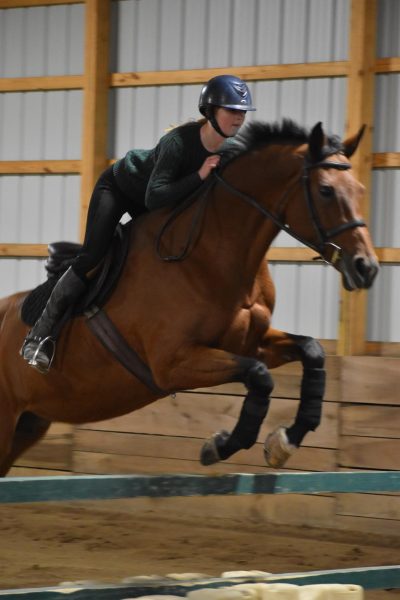
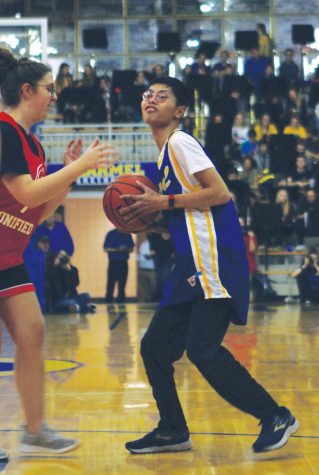
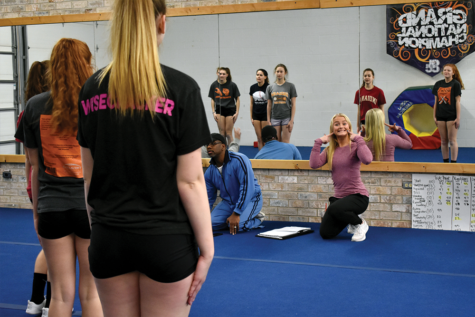
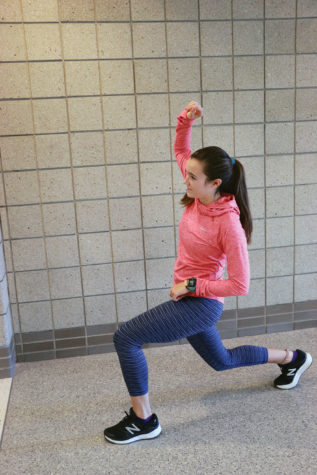
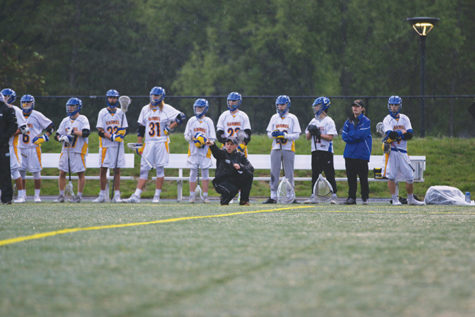
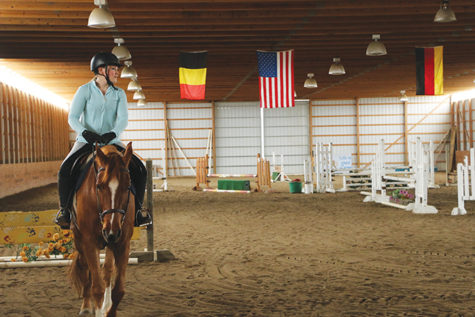
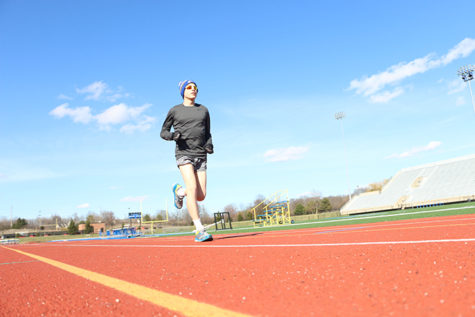
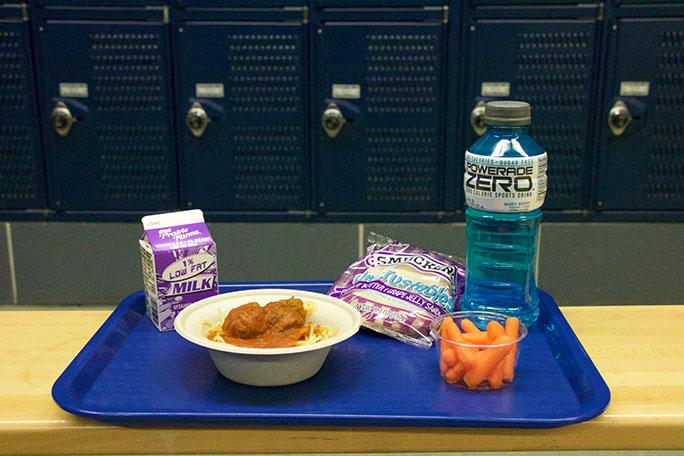

![Ice skating is superior due to its inclusive, serene nature [opinion]](https://hilite.org/wp-content/uploads/2024/01/magatron-600x235.png)
![Hockey is a sport like no other, thrilling, action-packed, astonishing [opinion]](https://hilite.org/wp-content/uploads/2024/01/maggie-meyer-600x235.png)



